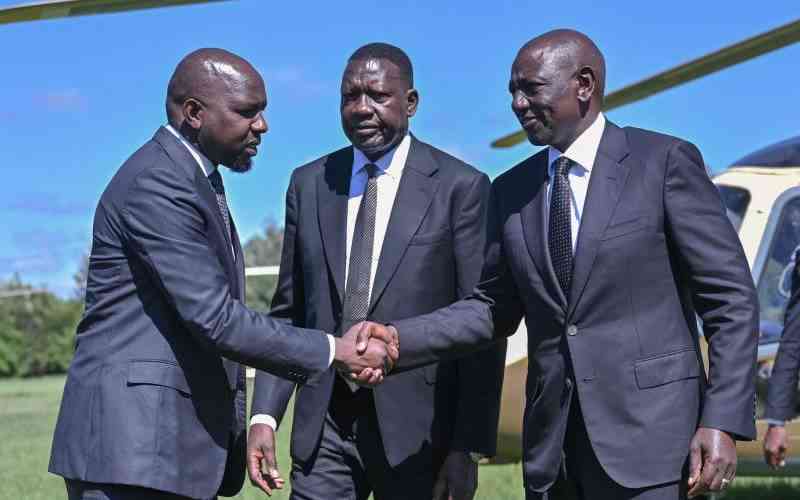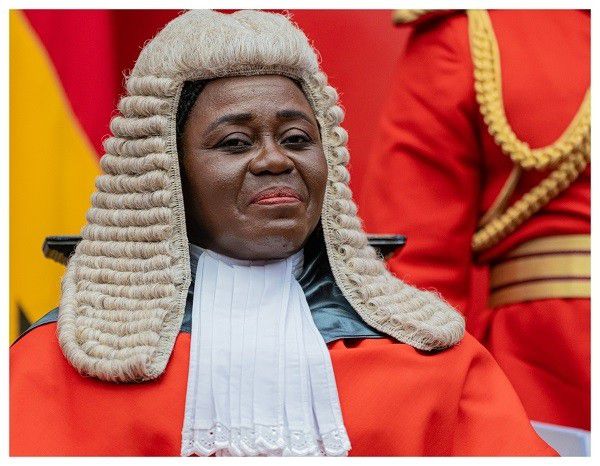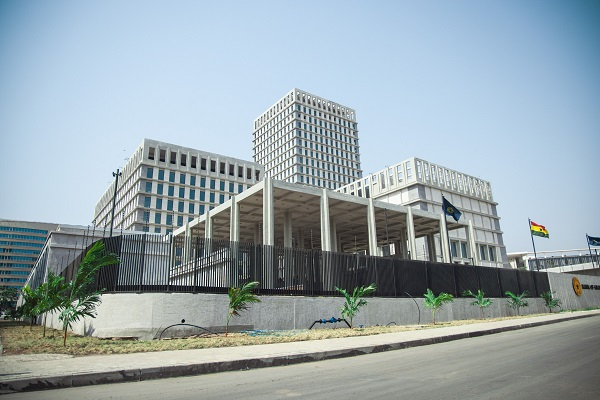Nigerian Lawmakers Withdraw Controversial Compulsory Voting Bill

The Speaker of Nigeria's House of Representatives, Hon. Tajudeen Abbas, has announced the withdrawal of the proposed Compulsory Voting Bill. This controversial bill, which had recently passed its second reading, was co-sponsored by Speaker Abbas and Hon. Daniel Asama Ago, a lawmaker from Plateau State. The decision to retract the bill was made following extensive consultations with a broad spectrum of stakeholders and widespread public outcry against its provisions.
The Compulsory Voting Bill, officially titled “A Bill for an Act to Amend the Electoral Act 2022 to Make it Mandatory for All Nigerians of Maturity Age to Vote in All National and State Elections and for Related Matters,” sought to amend Section 47 of the Electoral Act 2022. Its primary objective was to enforce mandatory voting for all eligible Nigerian citizens aged 18 and above in all national and state elections. The proposed legislation included penalties for non-compliance without valid justification, stipulating a fine of up to N100,000, a jail term of up to six months, or both.
The withdrawal of the bill was primarily attributed to significant public opposition and the insights gained from comprehensive discussions with various stakeholders. Speaker Abbas emphasized that lawmaking must ultimately reflect the will of the people and acknowledged the importance of respecting individual freedoms and public sentiment. He stated that any democratic reform must carefully balance the encouragement of civic duty with the protection of personal liberties.
According to statements issued by the Speaker's Special Adviser on Media and Publicity, Musa Abdullahi Krishi, the bill was initially introduced with the best intentions: to bolster civic engagement, strengthen Nigeria’s democracy, and address the persistent issue of low voter turnout that has plagued recent electoral cycles. The Speaker's office pointed to the successful implementation of compulsory voting in several countries, including Australia, Belgium, and Brazil, where voter turnout consistently exceeds 90 percent, as well as in nations like Argentina and Singapore, which have adopted similar measures to promote wider electoral inclusion.
Instead of enforcing participation through legislation, Speaker Abbas expressed his commitment to exploring alternative strategies. These include providing positive incentives and creating innovative solutions designed to make the voting process more appealing and accessible for all Nigerians. He concluded that the withdrawal of the bill offers an opportunity for continued dialogue on how to nurture a culture of voluntary voter engagement that upholds democratic values while safeguarding citizens’ rights.
Alongside the developments regarding the Compulsory Voting Bill, another significant legislative proposal, the Special Seats Bill, is garnering attention and advocacy. Stakeholders are promoting this bill as a critical litmus test for the integrity and inclusiveness of Nigeria’s democracy, urging political leaders and citizens alike to support its passage.
At a media conference in Abuja themed “The Special Seats Bill: An Urgent Call to Action for Women’s Representation,” advocates emphasized the need for unified action, drawing parallels to the successful Not-Too-Young-To-Run movement, which highlighted the power of collective advocacy in driving legislative change. The bill is seen as a crucial step towards more equitable representation in the nation's governance.
Mrs. Irene Awunah-Ikegh, president of the League of Women Voters of Nigeria (NILOWV), stressed that lawmakers, political parties, and citizens must support the constitutional amendment aimed at reserving seats for women in the National Assembly. She described the bill as essential for correcting Nigeria’s persistent gender imbalance in political representation, noting that the ongoing constitutional review presents a unique opportunity to embed gender equity in governance systems. She also highlighted that the President had described this bill as a litmus test for Nigeria’s democratic values.
Ms. Evelyn Ugben, a representative of RACE Africa, reported that the campaign for the Special Seats Bill has expanded beyond Abuja to several states and is now in its advocacy phase, engaging religious institutions, political parties, and legislators at both state and federal levels. She emphasized that the electorate must understand the bill's importance and hold their representatives accountable. Angelina Ugben, executive director of Inclusive Skills Initiatives, connected the bill’s success to broader electoral reforms, such as the real-time electronic transmission of election results, which can enhance public trust in the electoral system and encourage greater civic investment. Both highlighted the active role of grassroots women in reshaping Nigeria's political future, encouraging them to take up leadership roles starting from the ward level.
Ms. Chizoba Ogbeche, Vice President of the Nigeria Association of Women Journalists (NAWOJ), Zone D, elaborated that the campaign is focused on grassroots endorsements, community dialogues, and securing support from traditional, political, and religious leaders. She asserted that the call for special seats is not a plea for charity but a demand for fairness, inclusion, and representation. Ogbeche concluded that as Nigeria approaches another key constitutional review, the Special Seats Bill presents an opportunity to redefine the nation's political culture and build a truly representative democracy where women's voices are amplified rather than marginalized.
The Special Seats Bill, sponsored by Hon. Akintunde Rotimi, seeks to amend the 1999 Constitution by adding six special seats in the House of Representatives. These seats would be designated for underrepresented and marginalized groups, including women, persons with disabilities (PWDs), youth, senior citizens, indigenous peoples/minorities, and civil society organisations. If passed, the bill would introduce a new Section 48A into the Constitution, thereby institutionalizing inclusion and expanding representation in national legislation. Furthermore, the bill aligns with Nigeria’s international obligations, such as the UN Convention on the Rights of Persons with Disabilities and the Sustainable Development Goals, particularly SDG 5 (gender equality) and SDG 16 (peace, justice, and strong institutions).










